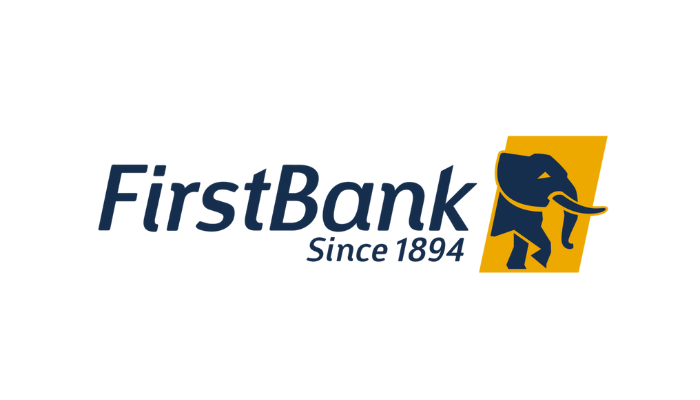At a stakeholders’ forum in Lagos, First Bank of Nigeria (FirstBank) has sounded the alarm over a growing risk: digital fraud. The bank warned that while expanding digital financial services is crucial for advancing financial inclusion, escalating fraud is fast emerging as the biggest threat to progress.
FirstBank, the longest-serving bank in West Africa, emphasized that Nigeria’s drive toward financial inclusion—keeping pace with the Central Bank’s target of 95 percent inclusion by 2025—must not be derailed by rising cyber threats. With a vast digital footprint via platforms like FirstMonie and over 27,000 agent locations nationwide, the bank noted how advances in access come with new vulnerabilities.

“Fraud is now the single greatest obstacle to financial inclusion,” a bank executive stated on the sidelines of the forum. “When people lose trust in digital banking due to scams or hacking incidents, they retreat back into cash-based systems and informal channels—undoing years of inclusion gains.”
FirstBank also highlighted its leadership role in fraud prevention. As current chair of the Bankers’ Subcommittee on Fraud, the institution coordinates cross-sector efforts to track emerging threats, share intelligence, and implement preventive measures across the banking ecosystem. The bank has intensified its use of real-time fraud analytics and biometric authentication—part of its drive to defend both customers and agents.
Recent data point to why the concern is urgent. A study by Nigeria Inter-Bank Settlement System (NIBSS) revealed that fraud-related losses in digital channels climbed significantly—from ₦5.2 billion in 2022 to over ₦9.5 billion in 2023. The vast majority of these incidents occurred via mobile banking, online platforms, ATM skimming, and POS transactions.
Cybersecurity experts note that Nigeria’s fast digital transition has outpaced the security maturity of many fintech and legacy players alike. Without stronger fraud detection, weaker KYC enforcement, and limited customer awareness, scammers exploit gaps with devastating consequences. A tech analyst from a leading fintech firm explained that while many platforms invest heavily in infrastructure, basic enrollment standards like valid BVN-linked identity verification are still under-enforced—leaving systemic vulnerabilities.
FirstBank is responding to the threat with a two-pronged approach: technological defense and public education. The bank announced it will scale up awareness campaigns across traditional and digital channels, reminding customers that no bank will ever ask for OTPs or PINs via SMS or calls. At the same time, its security operations unit is rolling out AI-driven monitoring tools designed to detect pressure-point fraud patterns—such as multiple failed logins, strange transaction behaviours, and unusual device usage.
Customers are being urged to remain vigilant—for example, to always verify the authenticity of digital agents before conducting cash-in transactions, and to double-check the received account credentials. Earlier in the year, the bank had already launched routine cybersecurity webinars, targeting low-literacy communities where exposure to scams is highest.
Industry observers describe fraud as perhaps the most insidious challenge facing Nigeria’s digital financial landscape. While convenience and access have soared—boosted by agent banking and mobile finance—the erosion of trust caused by cleverly disguised scams could irreversibly slow the nation’s inclusion journey.
If customers divert back to cash, informal systems, or unregulated operators, the consequences are broad: reduced transparency, increased risk of money laundering, and a setback to economic integration. Financial inclusion is not just about access; it’s about offering safe, sustainable, and trusted financial tools.
Despite the threats, FirstBank remains optimistic. Its own digital lending models—including FirstAdvance, FirstCredit, and Agent Credit—have already provided over ₦1 trillion in loans through digital channels, empowering underserved salary earners, micro-entrepreneurs, and unbanked individuals. These tools, powered by AI and alternative credit scoring, exemplify what inclusion can look like when trust is intact.
But the bank stresses that continued innovation must go hand in hand with heightened security. Nigeria can only cement its progress toward inclusion if customers feel safe using new banking channels.
For policymakers and other banks, FirstBank’s message is clear: strengthen cyber safeguards, improve customer awareness, and work collaboratively to address the fraud challenge. With digital platforms now the front door to financial services, securing that front door is essential for building the inclusive economy Nigeria aspires to achieve.
Support InfoStride News' Credible Journalism: Only credible journalism can guarantee a fair, accountable and transparent society, including democracy and government. It involves a lot of efforts and money. We need your support. Click here to Donate
